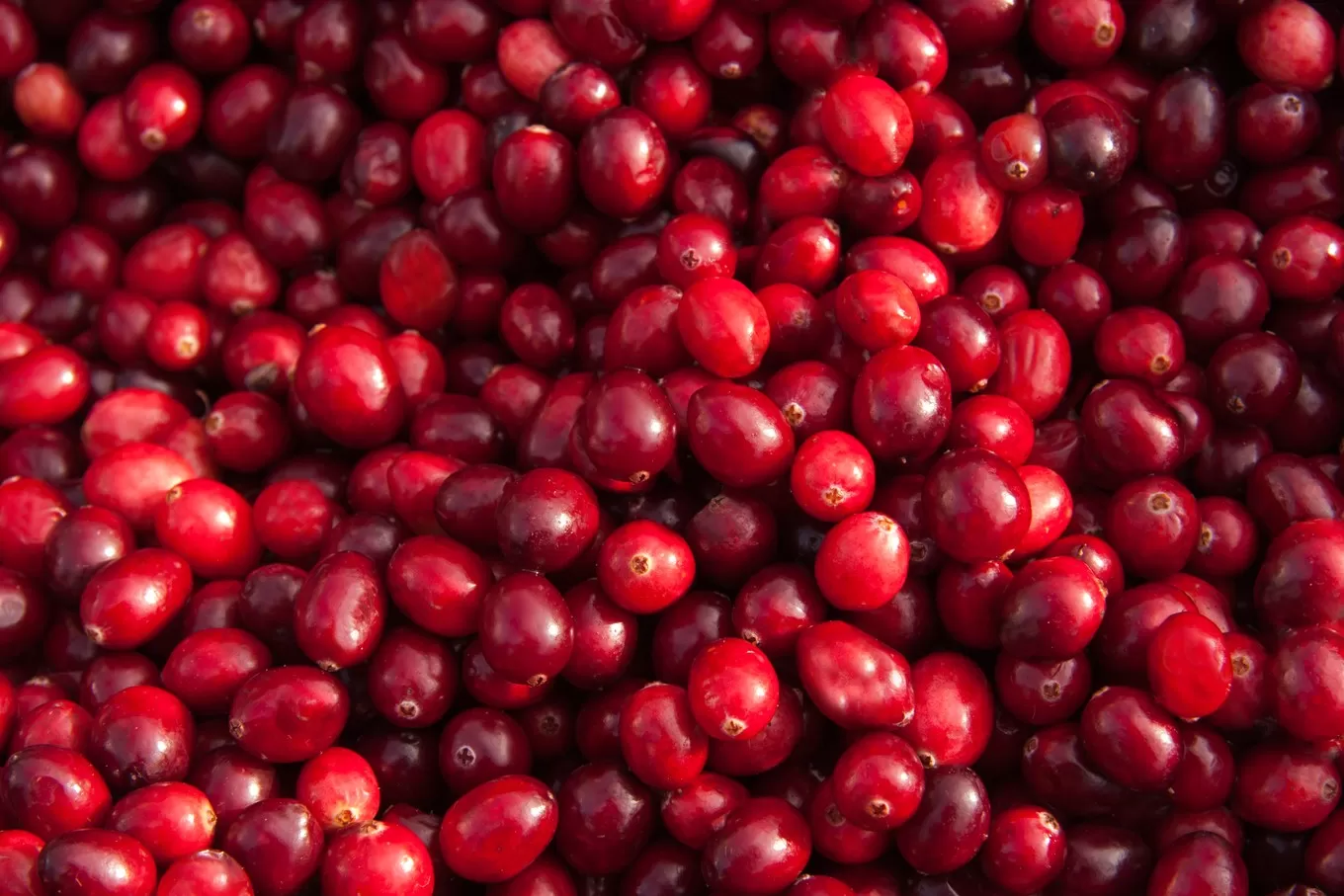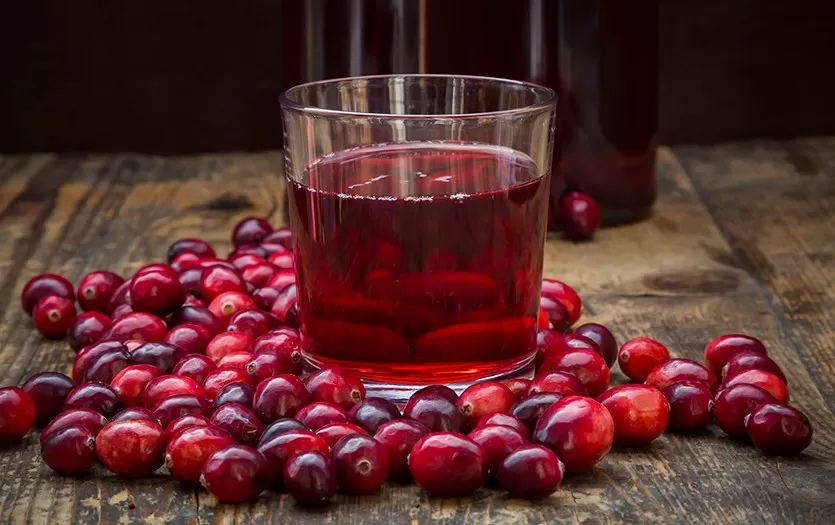- 0086-571-85302990
- sales@greenskybio.com
What is Cranberry Extract Good For?
2025-06-07

Cranberries, the small, tart berries native to North America, have long been celebrated for their unique nutritional properties and their potential positive impact on human health. Today, Cranberry Extract – concentrated from the fruit’s juice, pulp, or whole berries – is a popular supplement widely found in capsules, powders, and liquid forms. But what exactly is Cranberry Extract good for, and is there solid scientific evidence backing its reputed effects? This article explores the major uses, benefits, and supporting research on Cranberry Extract.
Urinary Tract Health: The Most Well-Known Benefit
Cranberry extract is best known as an aid in preventing urinary tract infections (UTIs), especially in women who suffer recurrent infections. The prime active ingredients in cranberries are proanthocyanidins (PACs), a class of polyphenols. While antibiotics kill bacteria directly, PACs are believed to work by preventing certain bacteria—chiefly Escherichia coli (E. coli), which is the primary cause of most UTIs—from adhering to the lining of the urinary tract. This action makes it harder for bacteria to multiply and cause symptoms.
Scientific evidence from systematic reviews and multiple clinical studies supports the notion that cranberry extract can modestly reduce the risk of recurrent UTIs, most notably among premenopausal women and children. The beneficial effect seems dependent on the dosage, with extracts containing higher levels of PACs (generally at least 36 mg PACs per day) producing a more significant reduction in UTI risk.
However, it’s important to understand cranberry extract is mainly effective for prevention, not as a treatment for active or severe UTIs, which still require medical attention and potentially antibiotics.
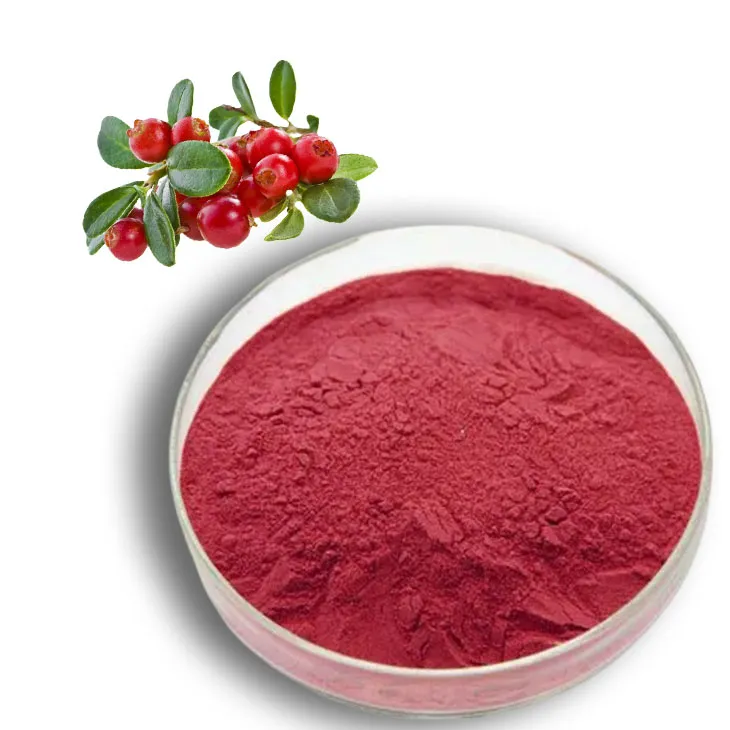
Antioxidant and Anti-Inflammatory Properties
Apart from PACs, cranberries are rich in other antioxidants including vitamins C and E, as well as anthocyanins and flavonols. These compounds help safeguard cells from oxidative stress, which is linked to aging and chronic diseases. By reducing oxidative damage and inflammation, cranberry extract is thought to lower the risk of several chronic conditions, such as cardiovascular disease, neurodegenerative disorders, and even certain types of cancer.
Animal and laboratory studies demonstrate robust antioxidant and anti-inflammatory effects; however, clinical trials in humans are fewer and results are less consistent. Still, cranberry extract remains a promising natural way to enhance antioxidant intake and reduce systemic inflammation.
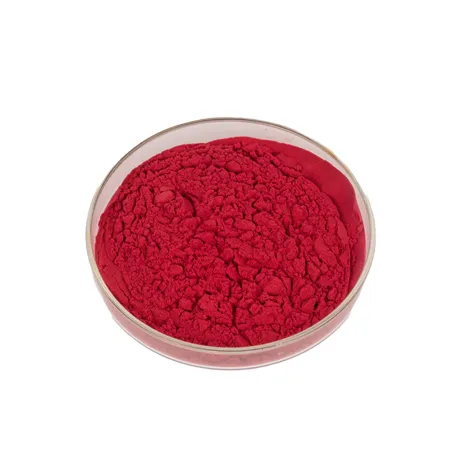
Support for Cardiovascular Health
Emerging research indicates cranberry extract may also contribute to heart health by:
- Improving cholesterol levels: Regular cranberry extract supplementation shows potential to raise HDL (“good”) cholesterol while lowering LDL (“bad”) cholesterol and triglycerides, both major risk factors for heart disease.
- Regulating blood pressure: The polyphenols in cranberry extract may enhance blood vessel function and improve the body’s ability to manage blood pressure, in part by increasing nitric oxide production.
- Reducing arterial stiffness: Early trials, especially among those with metabolic syndrome, found that cranberry extract may increase arterial flexibility, an important measure of cardiovascular health.
While these results are promising, larger human studies are needed before definitive claims can be made.
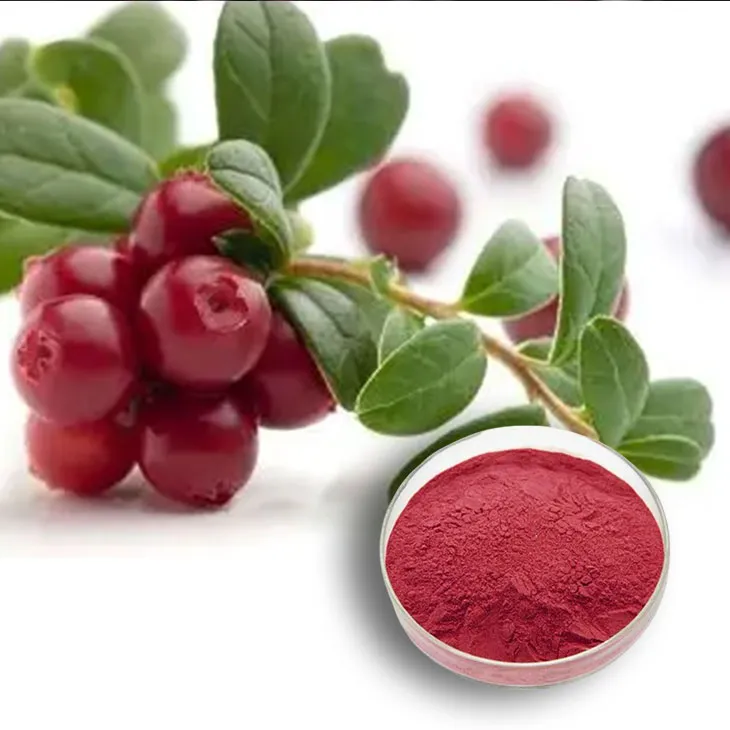
Oral Health Benefits
Cranberry extract’s anti-adhesive qualities don’t stop with the urinary tract. Some research suggests it may also help prevent oral bacteria responsible for gum disease and cavities from attaching to the teeth and gums. Early studies indicate cranberry extract can inhibit Streptococcus mutans, a primary contributor to dental plaque and cavities. Some dental care products now include cranberry extract as a supportive ingredient, though more clinical data is required for strong recommendations.

Gut Health and the Microbiome
There is growing interest in cranberry extract for its potential to influence gut bacteria. Preliminary studies suggest it may encourage the growth of beneficial gut microbes while suppressing harmful ones. A healthy gut microbiome is important for digestion, metabolism, and even immune health, making this an exciting area for future research.
Potential Cancer-Preventive Effects
Laboratory studies show that cranberry extract’s polyphenols might inhibit the growth of several cancer cell lines, including those from breast, colon, and prostate cancers. They may do this by triggering programmed cell death (apoptosis) and slowing tumor proliferation. However, these findings are largely limited to test tube and animal studies—evidence in humans is still insufficient.
Additional Benefits
Cranberry extract may support immune health thanks to its vitamin C and other bioactive compounds. There is also preliminary evidence suggesting it may help improve certain aspects of metabolic health in postmenopausal women, though more research is needed.
Safety and Usage Considerations
Generally, cranberry extract is well-tolerated at typical dosages. Some people may experience mild digestive upset, and in those prone to kidney stones, excessive cranberry intake could increase stone risk due to higher oxalate content. People taking blood thinners, such as warfarin, should consult a healthcare provider because cranberries may affect medication efficacy.
Cranberry extract supplements are widely available and often standardized to a specific content of PACs, thought to be key for urinary tract and systemic benefits. Dosages typically range from 250 to 500 mg per day, but always consult your healthcare provider for personalized advice.
Conclusion
Cranberry extract is much more than just a UTI remedy. Its antioxidant, anti-inflammatory, heart-supporting, and microbiome-modulating effects make it a beneficial supplement for many people. As with all supplements, its greatest value comes when used as part of a balanced diet and under the guidance of a healthcare professional. Cranberry extract is a safe, well-researched way to support overall wellness, with its strongest scientific backing in the prevention of urinary tract infections.
- ▶ Hesperidin
- ▶ citrus bioflavonoids
- ▶ plant extract
- ▶ lycopene
- ▶ Diosmin
- ▶ Grape seed extract
- ▶ Sea buckthorn Juice Powder
- ▶ Beetroot powder
- ▶ Hops Extract
- ▶ Artichoke Extract
- ▶ Reishi mushroom extract
- ▶ Astaxanthin
- ▶ Green Tea Extract
- ▶ Curcumin Extract
- ▶ Horse Chestnut Extract
- ▶ Other Problems
- ▶ Boswellia Serrata Extract
- ▶ Resveratrol Extract
- ▶ Marigold Extract
- ▶ Grape Leaf Extract
- ▶ Coix Seed Extract
- ▶ Aminolevulinic acid
- ▶ Cranberry Extract
-
What Organ Is Cranberry Good For?
2025-06-07
-
Tongkat Ali Extract Powder
2025-06-07
-
Okra Extract
2025-06-07
-
Peppermint Oil
2025-06-07
-
Plantain extract
2025-06-07
-
Eyebright Extract
2025-06-07
-
Aguaje Extract
2025-06-07
-
Acerola Extract
2025-06-07
-
Tongkat Ali Extract
2025-06-07
-
White Willow Bark Extract
2025-06-07
-
Sophora Japonica Flower Extract
2025-06-07











